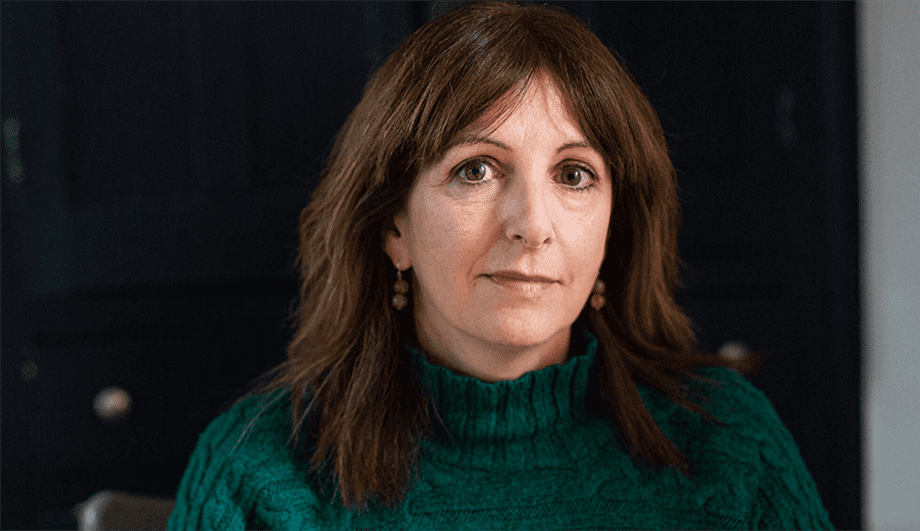Hilda Hayo, Dementia UK’s Chief Admiral Nurse and Chief Executive Officer, reflects on Penny’s experience.
“Penny highlights the guilt that is felt by a family when they must make the very difficult decision to place a parent or partner into long term care. The decision can be made even more difficult when promises have been made never to do this or when family members disagree that this is best for their family member.
“In my experience it is very difficult for family to identify the “right time”, which makes the decision even more complex. Families do not make the decision about long term care without having tried many other ways to support their loved one safely in their own home. There comes a point when even with the most inclusive care package they cannot meet the person’s needs, which could leave the person with dementia at risk. In my experience the family carer often risks their own health and wellbeing before they decide that long term care is necessary.
“The advice and support of a specialist dementia nurse (Admiral Nurse) can be very helpful in talking through these issues and feelings of guilt that can occur due to the decision that is made. Also highlighting to the family that just because someone goes into a long-term facility it doesn’t mean you don’t care. In fact many people say that it increases the quality time they can spend with their family member so the quality of life for both is improved.”



